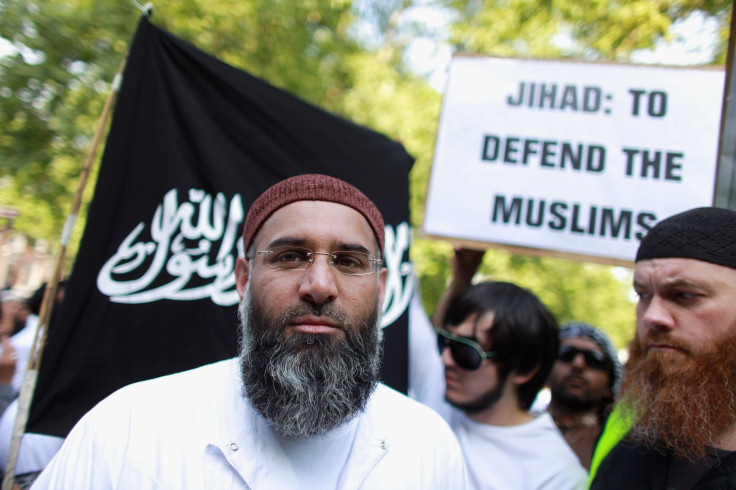Anjem Choudary, Radical British Cleric, Charged With 'Inviting Support' For ISIS

Radical British Muslim cleric Anjem Choudary was charged by a court Wednesday with “inviting support” for the Islamic State group. Choudary -- a self-styled preacher and former head of banned Islamist group Islam4UK -- and another man named Mohammed Rahman have been accused of supporting ISIS and its leader Abu Bakr al-Baghdadi through articles published online between June 29, 2014 and March 6, 2015, according to media reports.
Both men, arrested last September on suspicion of being members of banned organizations and supporting terrorism, were charged under the U.K.’s Terrorism Act of 2000, the BBC reported. However, Choudary, who was described in court as a “high-profile figure” on social media, protested his innocence and accused the British government of “trying to silence voices of the Muslim community.”
“I will be pleading that [British Prime Minister] Cameron, police and the judges are guilty and the only people who are innocent here are me and Mr Rahman,” Choudary reportedly said, during his appearance at the Westminster Magistrates’ Court. “I have a very strong case against the Crown and I would like to have my day in court.”
Choudary, who claims to be an expert in Shariah law, has, over the years, gained notoriety for making inflammatory statements calling for implementation of Shariah, or Islamic law, throughout the United Kingdom. He has, in the past, publicly expressed his support for ISIS, reportedly calling Baghdadi “the caliph of all Muslims and the prince of the believers.”
Although Choudary has not been directly implicated in terror plots, his speeches, lectures and rallies are believed to have influenced several militants. According to a report by Hope Not Hate -- a British anti-extremist activist group -- Habib Ahmed, a British national convicted in 2008 for being a member of al Qaeda, and Mohammed Chowdhury, who was part of a plot to bomb the London Stock Exchange in 2010, were both close to Choudary.
“Muslims do not believe in the concept of freedom of expression, as their speech and actions are determined by divine revelation and not based on people's desires,” Choudary wrote in an opinion piece for USA Today, following January’s attack on French satirical newspaper Charlie Hebdo, in which 11 people were killed. “Because the honor of the Prophet is something which all Muslims want to defend, many will take the law into their own hands, as we often see.”
© Copyright IBTimes 2025. All rights reserved.






















